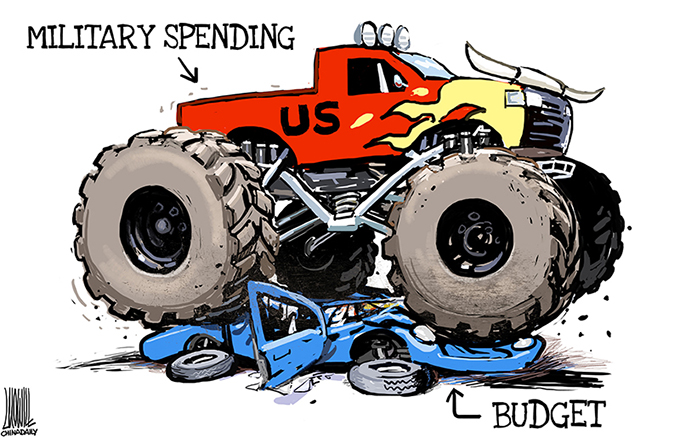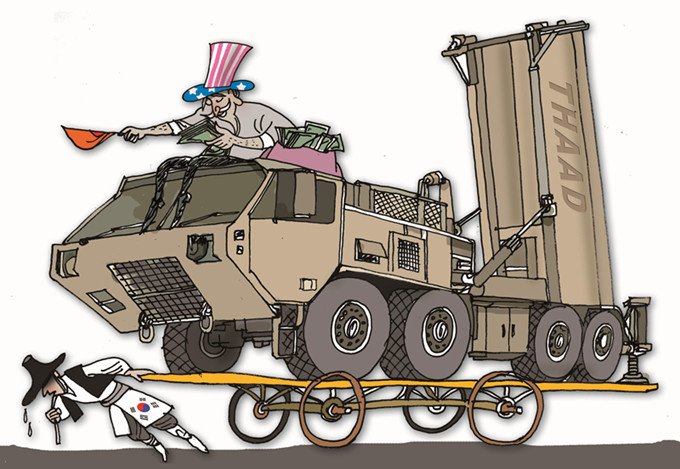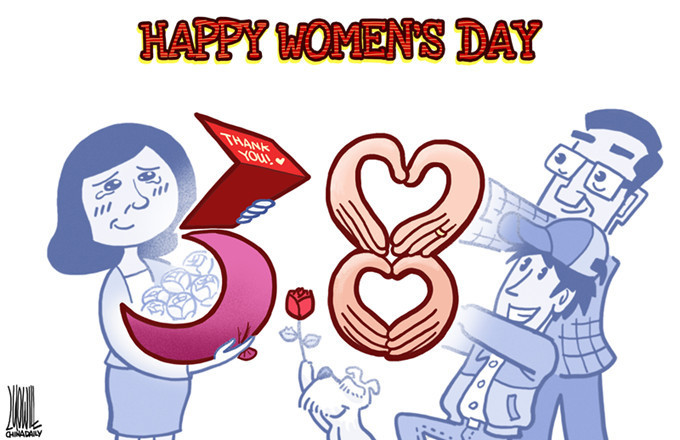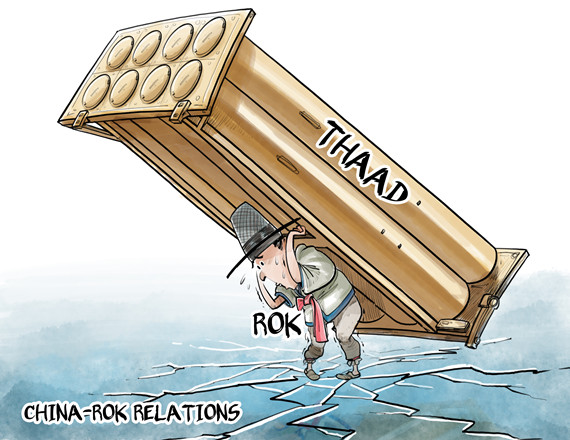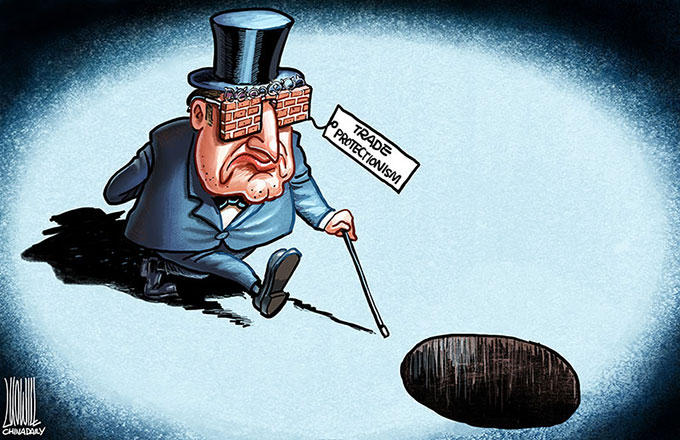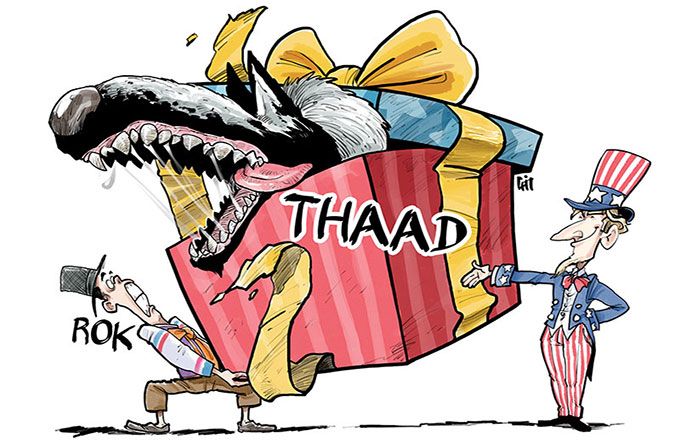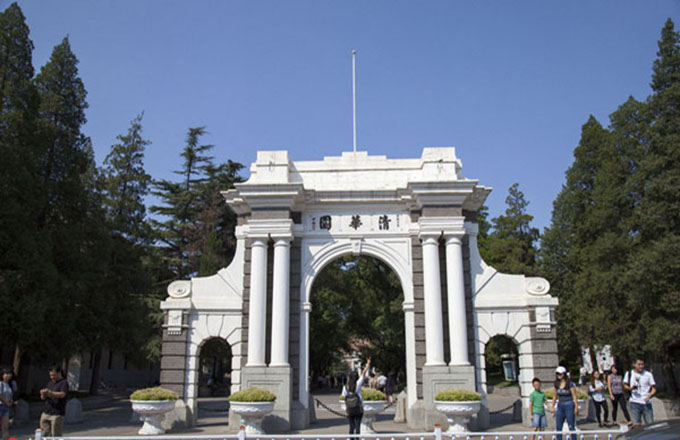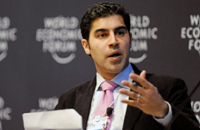Rights reports expose US' own faults
Gun control impossible
United States citizens own the largest number of private guns in the world. Last year, 31 percent of the US population owned more than 357 million guns, according to US media reports. Every year, more than 30,000 people are shot, accidentally killed or commit suicides with guns, and over 200,000 people are wounded in shootings.
Frequent gun-related violence threatens public security and seriously infringes on people's right to life in the US. Despite this, the US Supreme Court still refuses to tighten gun-ownership laws.
Besides, the administration of US President Donald Trump opposes strict gun-control laws, and annulled a gun-control order issued by the Barack Obama administration in January last year. And given the Republicans' and Trump's anti-gun control stance, the US government could further loosen gun-control laws.
In other words, the chances of the US' gun-related problems being solved are slim.
Gun-related violence infringing on people's right to life characterizes human rights problems in the US, which cannot be addressed until the country's Constitution is amended. And since gun production and sales are a huge industry, more than 100,000 retailers are registered nationwide to sell weapons and the National Rifle Association of America wields great influence on politicians, efforts to control the use of guns in the US will hardly be fruitful.
Li Yunlong, a professor of international strategy studies at the Party School of the Communist Party of China Central Committee
Muslims face discrimination
US President Donald Trump signed an order on Jan 27 banning citizens from seven Muslim-majority countries from entering the United States. Although he revised the order recently, excluding Iraq from the list, the ban on Muslims entering the US remains unchanged in nature.
Trump's order, according to many, is against the US Constitution, threatens the core American values and crosses the boundary of political propriety. But the order is not accidental, as anti-Muslim sentiments are prevalent not only within the Trump administration but also in the US society.
Trump knows he has social support for the order targeting Muslims, as American citizens' opinions remain divided on Muslims. For example, according to a joint survey by Reuters and Ipsos, 49 percent of the respondents support the order while 41 percent oppose it.
Muslims are stigmatized, marginalized and discriminated against in the US. According to the Public Religion Research Center, in 2015, 56 percent of Americans (and 76 percent of Republicans) believe Islam propagates violence. And Pew Research Center's survey data for 2016 show 82 percent of Americans believe Muslims are looked down on and 57 percent think the discrimination against Muslims is serious, which is 7 percentage points higher than three years ago.
As a country of immigrants, the US paints itself as an equal, inclusive, ethnically plural and culturally diverse society. But the interests of white people remain the fundamental interest of the country, which is at the root of the religious, ethnic and cultural crises facing the US.
Thanks to the previous US governments' politically correct measures, racial, religious and cultural discriminations were contained to some extent, but Trump has put the minorities to a harsher test. And the ban against Muslims entering the US is only a beginning.
Hao Yaming, an assistant professor of government administration at Nankai University, Tianjin
Love for own values, rules
The US State Department issued its annual reports on the condition of human rights in other countries on March 3. Although global governance has entered a new phase and the paradigm of human rights both in research and practice has changed, the US sticks to its narrow understanding of human rights.
The US' overemphasis on civil and political rights, which ignores people's rights to economic, social and cultural well-being, must be corrected. And people's rights to development, which are valued and supported by developing countries, need to be emphasized.
The US has always tried to forcibly spread its political models, values, human rights concepts around the world while ignoring the developing countries' human rights values and concepts. It is not bothered about people's rights to subsistence and development proposed by the developing countries, as it does not recognize those as part of human rights.
The US has one rule for itself and another for the rest of the world on human rights issues, which means it has a hangover from the Cold War days. The US has always put unilateralism before multilateralism and fair global governance, and that is the greatest obstacle to the progress of the human rights cause.
Liu Huawen, a researcher in international laws at the Chinese Academy of Social Sciences


